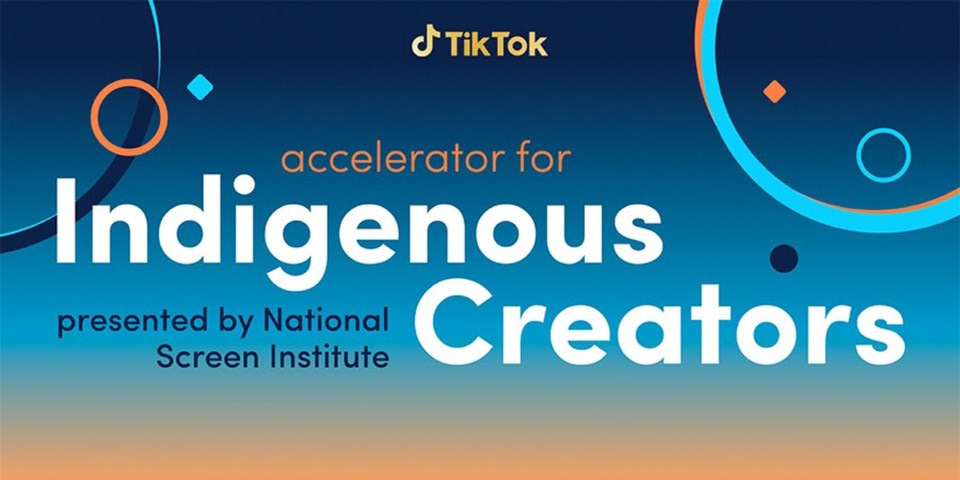TikTok is offering a program for Indigenous creators across Turtle Island to learn all the best practices for going viral on the app.
“Designed with traditional elements, the curriculum provides customized, skills-based education sessions, from navigating TikTok to technical training, career building and digital wellness,” reads the TikTok Accelerator for Indigenous Creators website.
The program, which got underway in early November, has 32 participants, with four located in Alberta — Wetaskiwin’s Daniel Cutknife (@zombieeagle7), Lethbridge’s Celeste Day Rider (@celestedayrider), Edmonton’s Hailey Hamelin-Wilson (@haileyykat) and Cardston’s Billi-J Heavy Shields (@deadlyblackfoot_ma).
For Heavy Shields, TikTok became an outlet of self-expression after her brother was murdered this past summer.
“I used my TikTok as a way of healing myself, looking at different cultures and how they deal with grief and loss,” she said.
Heavy Shields also uses the app to promote her own culture as a member of the Kainai Nation, talking to her followers daily about healing, while also engaging in TikTok’s more humorous side.
Day Rider likewise appreciates the emotional range of TikTok. “I do a variety of subjects and topics. Sometimes I’ll do a funny video, but other times it’s a serious message. That message could be Native issues, like the Missing and Murdered Indigenous Women movement, or residential schools,” she said.
She says the app is, from her experience, the best platform for spreading Indigenous knowledge. “I’ve tried other platforms, like YouTube, Twitter and stuff like that, and I just noticed that I wasn’t getting enough recognition on those apps,” said Day Rider. “I gained a significant following very fast [on TikTok].”
Through this following, Day Rider says she was able to meet other Indigenous TikTok creators.
She identified her major challenge on the app as “getting over that fear of putting myself out there and exposing myself to a huge audience.”
Heavy Shields likened producing TikTok videos to drama class. “I don’t have the confidence yet to go out there and actually be part of a play, but TikTok is tapping a little into that,” said Heavy Shields. “All my followers see my content and I do still get a little nervous about seeing it. Sometimes I can’t even watch my own videos.”
But her main purpose on the app is to connect with others.
“There’s deep-rooted trauma in all of us,” said Heavy Shields, both of whose parents survived residential school. “TikTok is a way for me to see what others go through and know I’m not the only one who’s experiencing these things, and also letting others know they’re not alone.”



